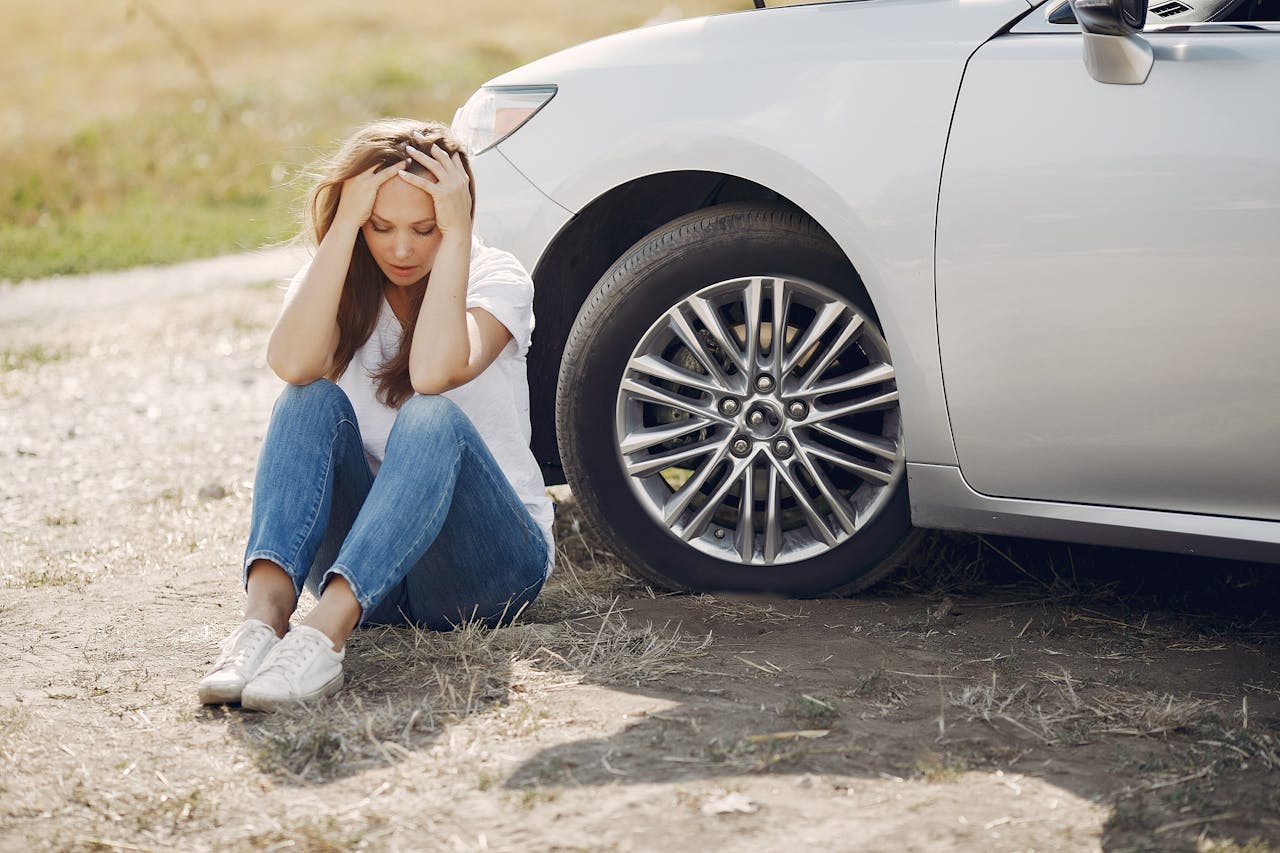
Being in a car accident is a stressful and overwhelming experience. Besides making sure that everyone is okay, there are lots of other things to think about, such as calling the police, collecting evidence, and exchanging insurance information. Due to the shock that comes after an accident, it can be difficult to remember what steps to take, which is why it's important to be prepared in advance.
Read on as we walk you through the dos and don'ts of a car accident recovery. This will help you make the right decisions and get the justice you deserve.
If you're involved in a car accident, it's important to contact the police as soon as possible. In most states, you must report a car accident within 10 days if there are injuries, fatalities, or significant property damage.
When the police arrive at the accident scene, they will usually fill out an accident report, which includes the following details:
You might feel overwhelmed and confused after an accident. But it's important to stay calm so you can think clearly and handle the situation more effectively. Next, you want to make sure that you and your passengers are safe. If another vehicle is involved, see if the other driver and their passengers need help.
It's a wise decision to exchange information with other parties involved in the accident. At the very least, you should exchange names and insurance information. But you could also try to gather other useful information, including:
If anyone is injured, call 911 immediately for medical assistance. Even if injuries seem minor, it's still a good idea to seek medical attention. That's because some injuries such as whiplash or internal trauma, might not show symptoms right away. There's also a chance that adrenaline can mask pain, and certain conditions may take hours or days to appear.
You should take pictures or videos of your vehicle and the accident scene. This is important because it will act as evidence of what happened. When taking pictures or photos of the scene, you should try as much as possible to capture it from different angles and distances. Try to document skid marks, traffic signals, and any other details to paint a clear picture of the location and the circumstances of the accident.
Besides that, you should also try and take clear pictures or videos of the injuries sustained. This will strengthen your case in case you need to file for a personal injury claim.
If possible, you should move your vehicle out of the road. If the accident happens at night, you should switch on your hazard lights to make your vehicle visible to other drivers. And if moving your vehicle is risky, you should call 911 and stay at the accident scene until the police arrive.
You might consider handling the claims process on your own to save some money, but hiring a lawyer gives the best outcome. Seeking legal help for car accidents ensures that an experienced attorney will fight for your rights, making sure that you get the compensation you deserve. A lawyer will also handle the entire legal process, giving you enough time to concentrate on the process of recovering from the accident.
Driving away from the accident scene can land you in serious trouble. In most states, you are required by the law to remain on the side of the road until authorities arrive. Leaving the scene of an accident, especially if there are injuries or property damage, can result in hit-and-run charges, fines, or even jail time.
You shouldn't apologize after a car accident, even if you feel bad about what happened. Apologizing is often seen as admitting fault and could hurt your case when you decide to file for a claim. Therefore, it's best to be mindful of your words and avoid saying anything that could be used as evidence against you.
Your health should come first after a car accident. Therefore, you should get checked by a professional even if you feel well. Some injuries might not be apparent immediately after an accident but might manifest later on. Medical records can also serve as proof that your injuries were caused by the accident. This is especially important if you need to file an insurance claim or a personal injury lawsuit.
After an accident, you may be contacted by representatives from either the other driver's insurance company or your own. While they may appear to be helpful, it's important to remember that their primary goal is to protect their company's interests, which often means offering you the lowest possible settlement.
Insurance adjusters often use various tactics to get accident victims who don't have legal representation to accept less than what they deserve. It's best to avoid speaking to or giving a statement to insurance representatives until you've consulted with an attorney.
You should refrain from discussing the events leading to or following the accident with anyone else, including the other driver, witnesses to the accident, or passengers in the other vehicle. That's because anything you say could be used against you. So, stay quiet till you speak with your lawyer.
Being in a car accident can leave you confused and unsure of what to do. But by knowing the dos and don'ts, you can take the right steps and avoid future legal complications. Remember, you should always consult an experienced attorney to help navigate the legal process and get the compensation you deserve.